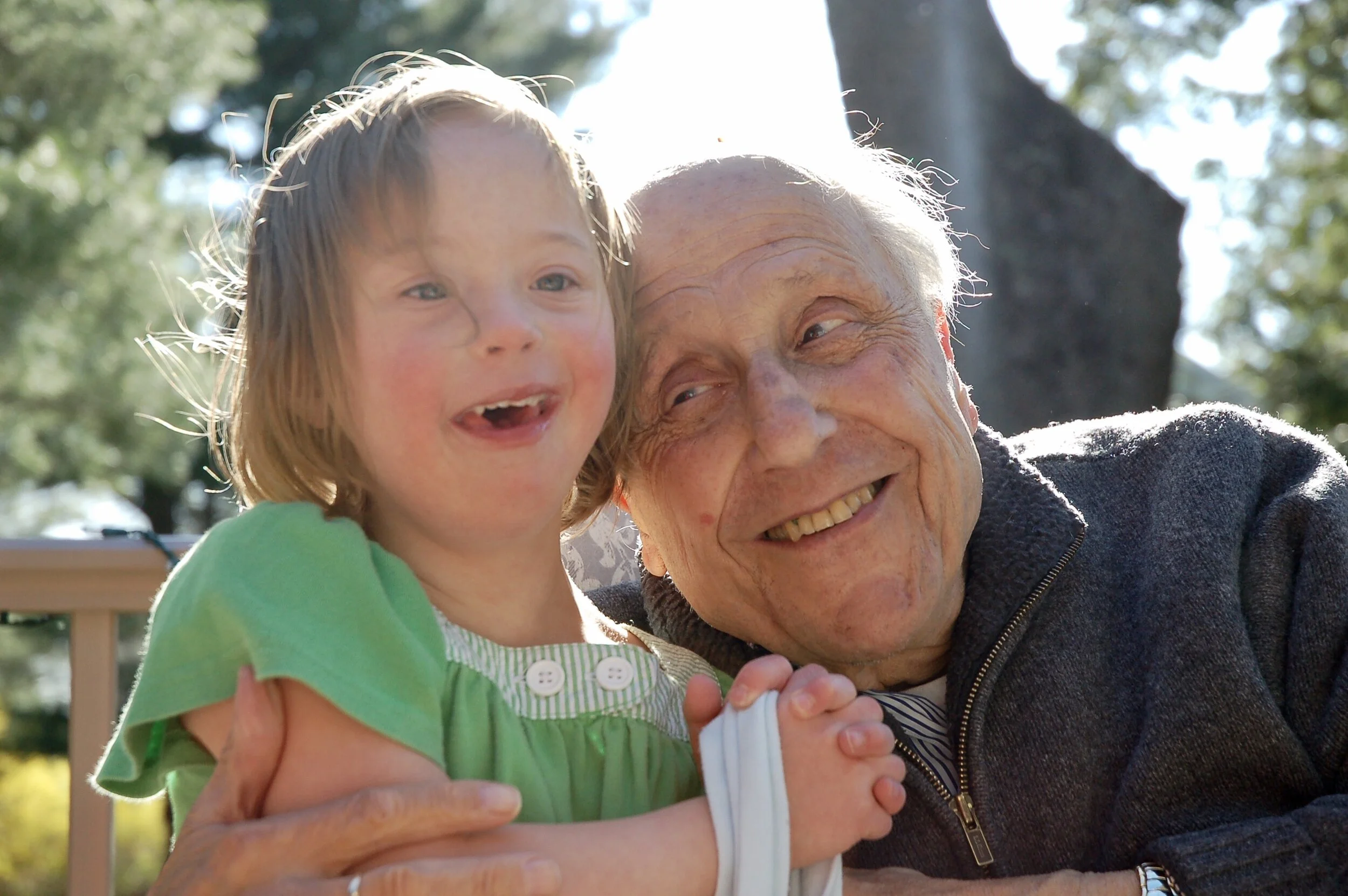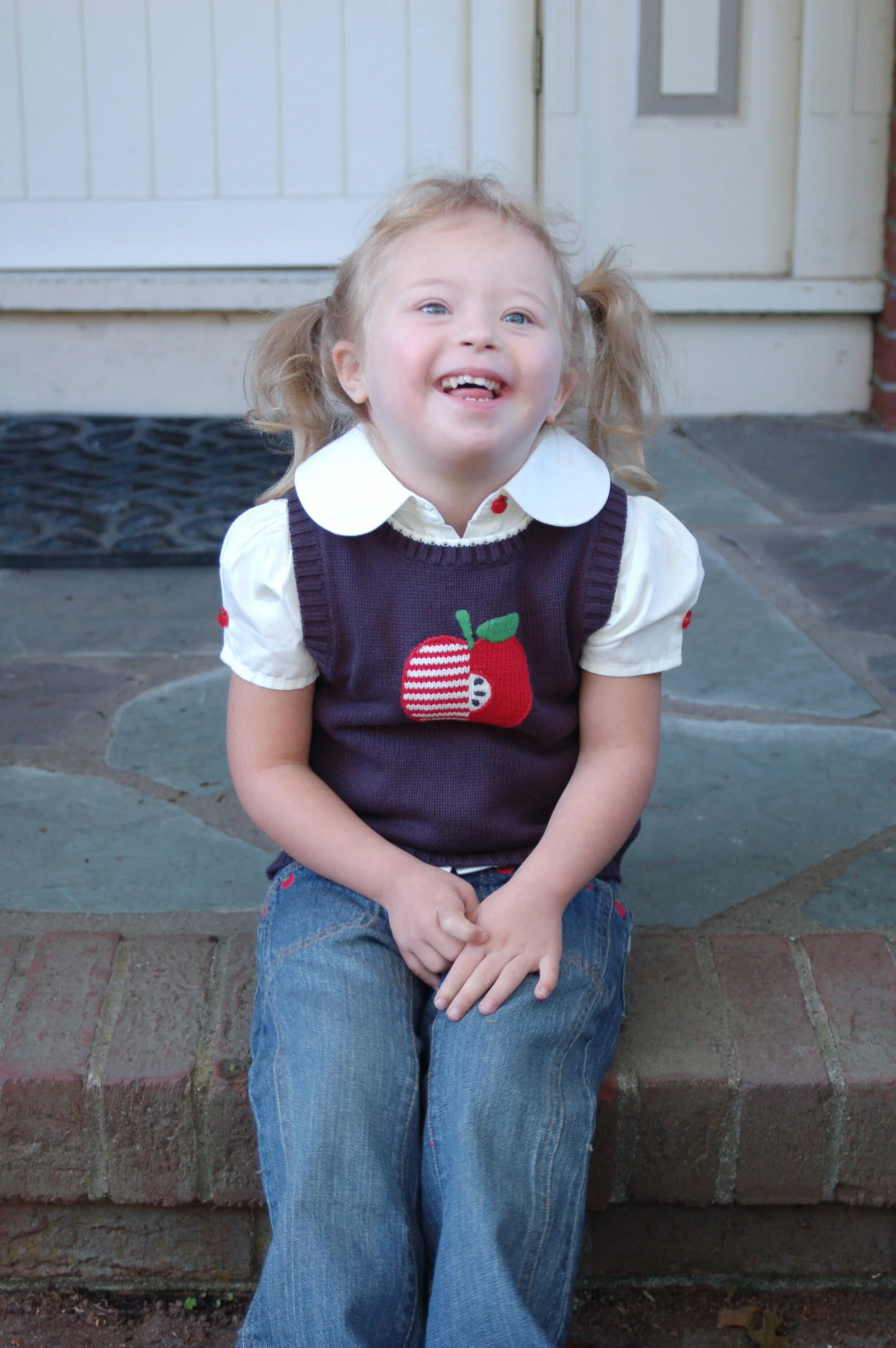On July 15, the magazine GQ proclaimed on its website that the people of Boston are the worst dressed in the country.
This should have been a lighthearted summer story, raising ire and eyebrows, but with a wink, too. We're just teasing, Boston. We just want you and everyone else to read our magazine!
But what was silly turned serious when writer John B. Thompson, in a poor attempt at humor, penned these words: ``Due to so much local inbreeding, Boston suffers from a kind of Style Down Syndrome, where a little extra ends up ruining everything.''
Read More





